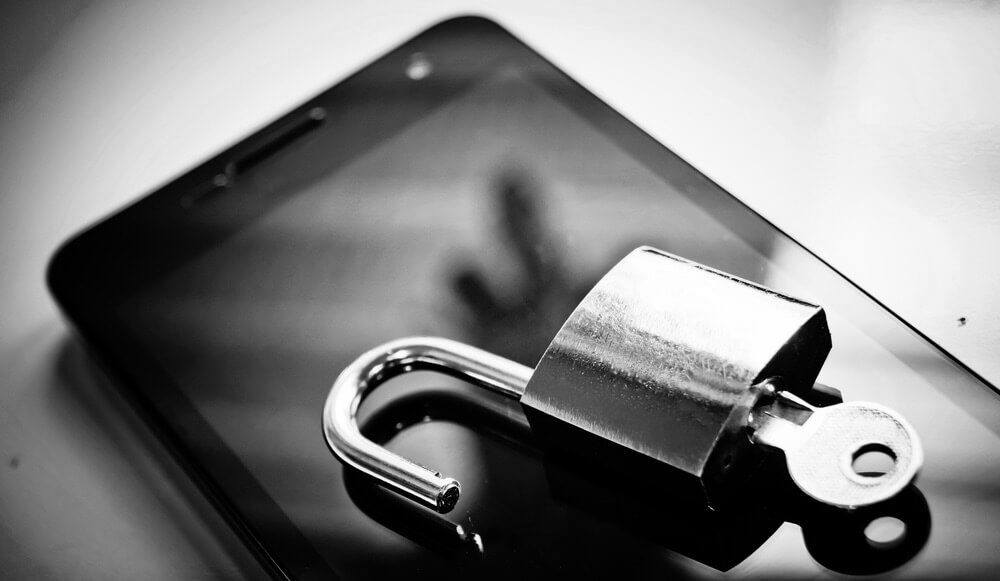
Protecting Your Phone’s Privacy: A Guide to Smartphone Security
In the digital age, our smartphones have become an extension of ourselves, storing a treasure trove of personal and sensitive information. Ensuring the security and privacy of your phone is paramount in safeguarding your data from loss or theft. While data recovery services can be a lifesaver when data is lost, it’s equally important to take proactive measures to prevent such mishaps.
1. Enable Passcodes and Biometric Locks
Setting a strong passcode or using biometric authentication, like fingerprint or facial recognition, adds an extra layer of security to your device. This prevents unauthorized access and keeps your data safe even if your phone is lost or stolen.
2. Regular Backups are Essential
Regularly backing up your phone’s data is a simple yet effective way to ensure you won’t lose critical information. Use your phone’s built-in backup options or cloud services such as iCloud or Google Drive to store your data securely.
3. Keep Your OS and Apps Updated
Frequently update your phone’s operating system and applications. These updates often include security patches that protect your device from known vulnerabilities and ensure a smoother overall experience.
4. Use a Virtual Private Network (VPN)
When connected to public Wi-Fi networks, your data is vulnerable to interception. A VPN encrypts your internet connection, making it significantly more challenging for hackers to access your personal information.
5. Install Security Apps
Consider using security apps or antivirus software to scan for and remove potential threats. These apps can also help locate your device if it’s lost or stolen.
6. Be Cautious with App Permissions
Review the permissions you grant to apps. Only provide necessary permissions, as some apps may misuse access to your camera, microphone, or contacts, potentially compromising your privacy.
7. Educate Yourself About Phishing and Scams
Stay informed about common online scams and phishing attempts. Be cautious when clicking on suspicious links or providing personal information online.
8. Physical Protection
Invest in a sturdy phone case and screen protector to safeguard your device from physical damage. A well-protected phone is less likely to require Phone Data Recovery services.
Remember, while data recovery services can help retrieve lost information, prevention is always the best defense. By following these smartphone security practices, you can minimize the risk of data loss and keep your personal information safe from prying eyes.



